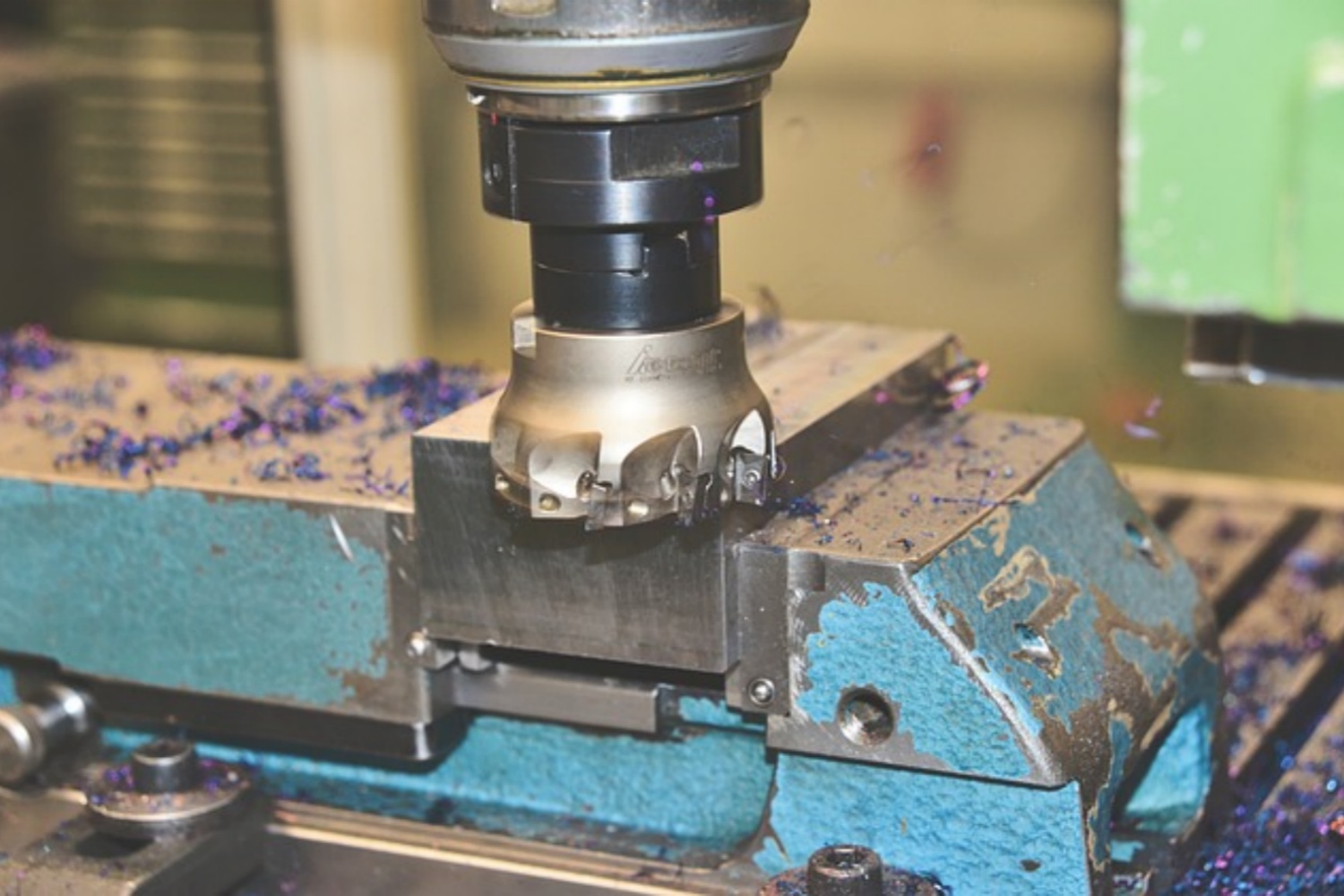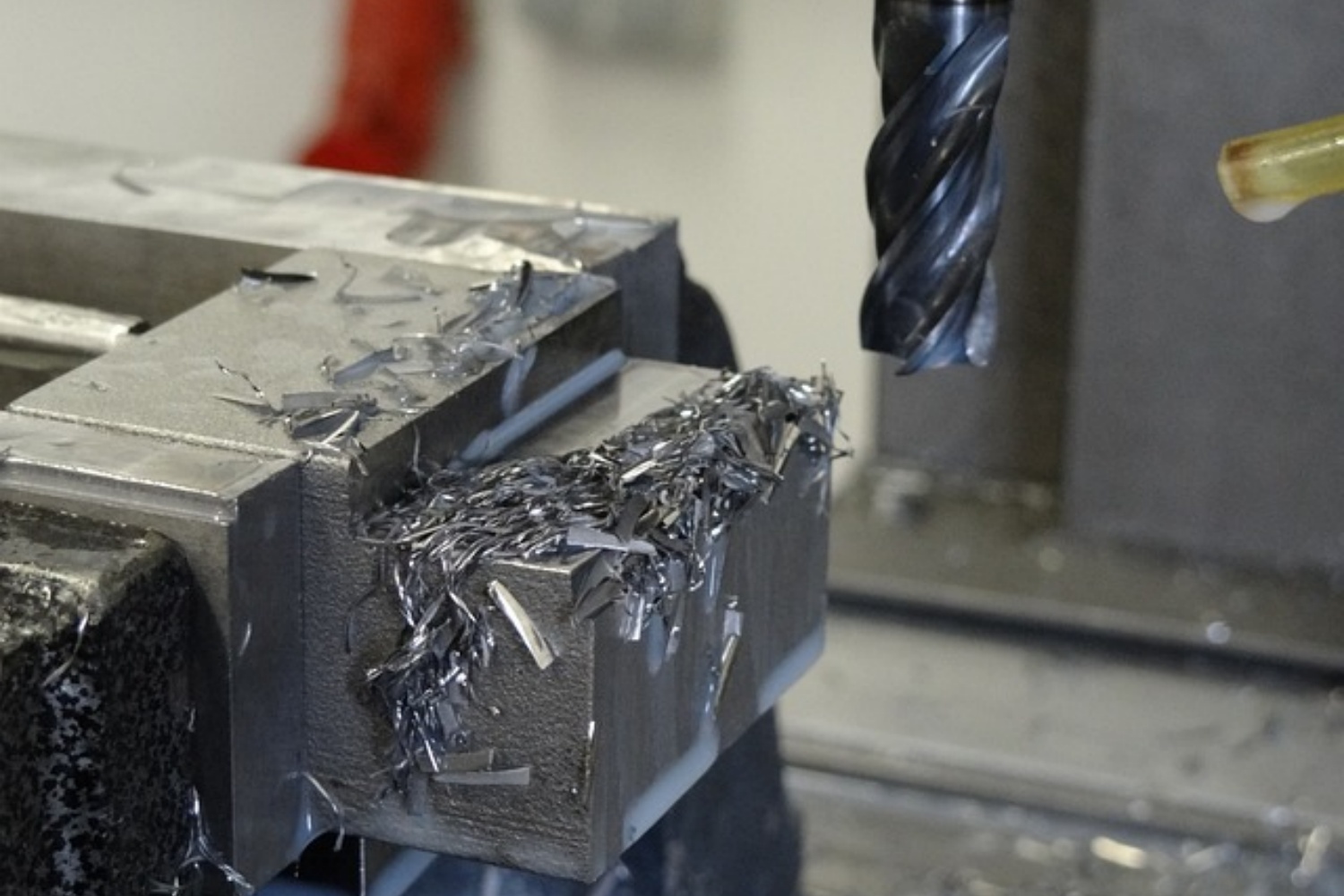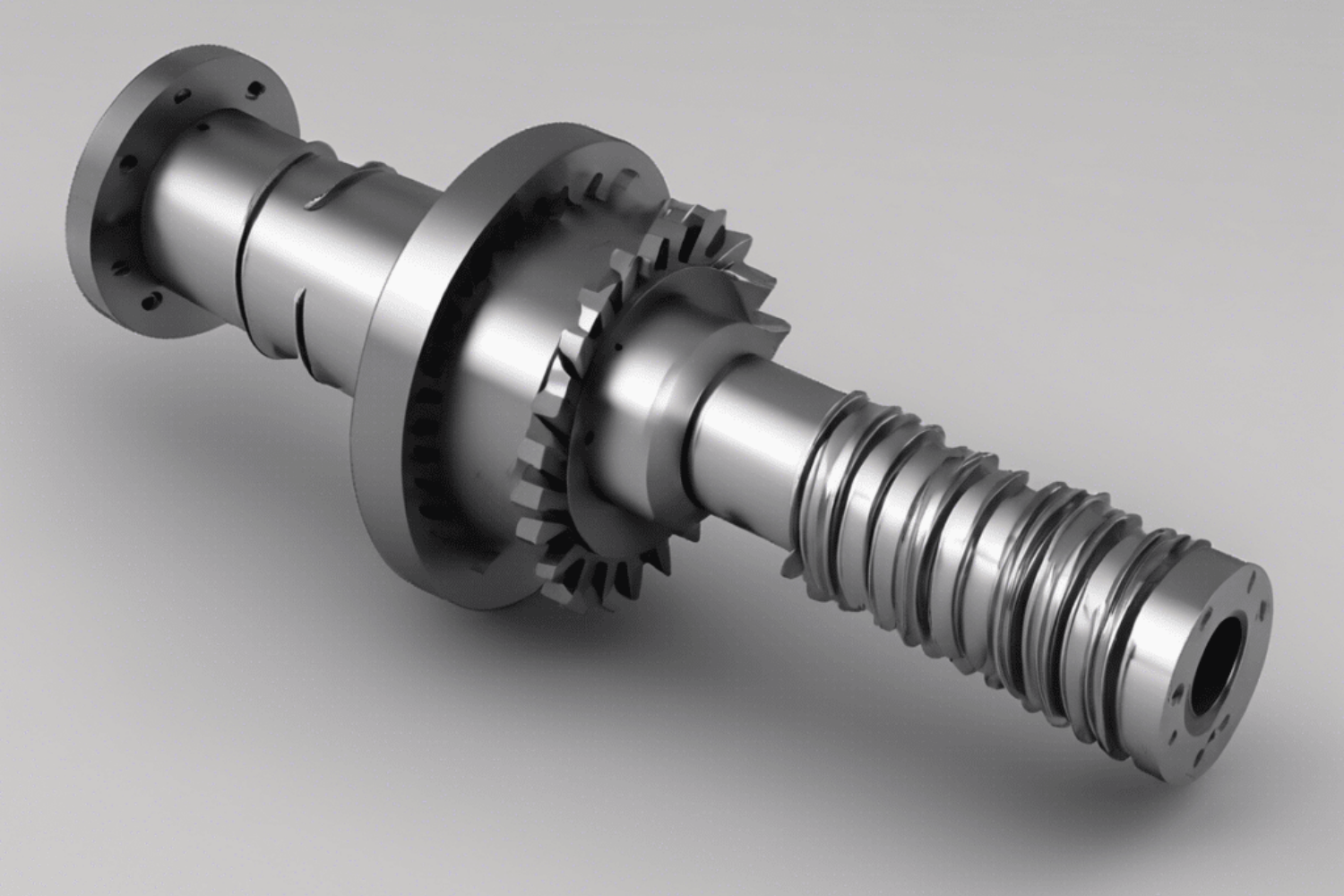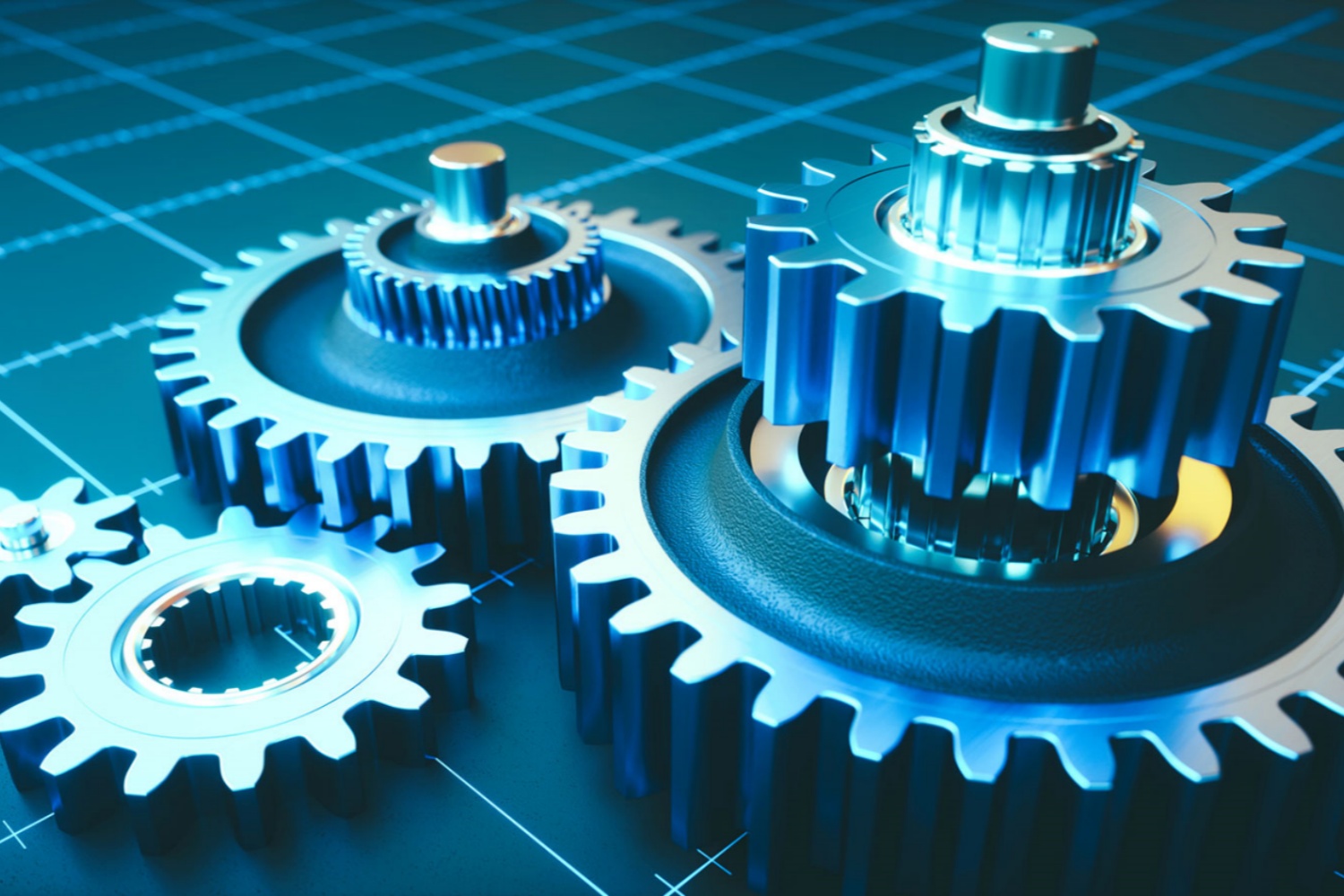Metal machining stands as a cornerstone process in modern manufacturing, encompassing a diverse array of techniques to shape raw materials into precise components. Whether employing traditional methodologies or leveraging state-of-the-art computer-controlled systems, machining offers a plethora of advantages for producing high-quality metal devices.
Reliability:
At the heart of machining lies its unparalleled reliability. Machining operations unfold seamlessly, ensuring uninterrupted production regardless of external factors such as time constraints or seasonal fluctuations. Unlike manual processes prone to human error, machining delivers consistent results day in and day out. The machinery operates tirelessly, churning out high-quality components with minimal downtime for maintenance or repairs. This unwavering reliability instills confidence in manufacturers, knowing that their production lines can meet demand without faltering, thereby fostering trust among customers and stakeholders alike.
Reduced Labor Dependency:
Automation lies at the core of modern machining, heralding a paradigm shift in manufacturing dynamics. Gone are the days of heavy reliance on manual labor; instead, sophisticated computer-controlled systems orchestrate intricate machining processes with unparalleled precision and efficiency. By minimizing labor dependency, machining not only slashes production costs but also mitigates the risks associated with human error. Skilled workers can be redeployed to more strategic tasks, driving innovation and value creation across the organization. This transformative shift towards automation heralds a new era of manufacturing excellence, where efficiency and productivity reign supreme.
Enhanced Productivity:
Machining isn’t just about producing components; it’s about doing so at scale and speed. With its ability to execute multiple tasks simultaneously, machining turbocharges productivity, enabling manufacturers to meet the demands of a rapidly evolving marketplace. Whether it’s drilling, milling, or turning, machining systems excel at delivering consistent results in record time. This heightened productivity isn’t just a boon for manufacturers—it’s a competitive advantage that enables businesses to seize new opportunities and outpace rivals in the race for market share.
Consistent Quality:
Quality lies at the heart of every successful manufacturing operation, and machining is no exception. Machined components boast unparalleled precision and consistency, free from the imperfections that plague inferior manufacturing processes. Whether it’s meeting tight tolerances or adhering to strict specifications, machining delivers results that inspire confidence and trust. Customers know that when they choose products crafted through machining, they’re investing in reliability and durability—a testament to the unwavering commitment to quality that defines modern manufacturing.
Profitability and Efficiency:
While the initial investment in machining technology may seem daunting, the long-term benefits far outweigh the costs. Machining isn’t just about producing components; it’s about doing so in the most cost-effective and efficient manner possible. By streamlining production processes and minimizing waste, machining drives profitability and sustainability across the board. What’s more, investing in cutting-edge machining technology isn’t just an expense—it’s an investment in the future, ensuring that your business remains agile and competitive in an ever-changing landscape.
Optimized Resource Utilization:
In today’s resource-constrained world, optimizing resource utilization isn’t just good business—it’s a moral imperative. Machining excels in this regard, employing advanced techniques to maximize the efficiency of raw material usage while minimizing waste and environmental impact. Whether it’s through the use of recyclable materials or the implementation of lean manufacturing principles, machining enables manufacturers to do more with less, driving sustainability and stewardship in an industry often plagued by waste and excess.
Precision Engineering:
Precision is the hallmark of machining, underpinning its reputation as the gold standard in manufacturing excellence. Whether it’s crafting intricate components for aerospace applications or producing precision parts for medical devices, machining delivers results that defy expectations. With tolerances measured in microns and accuracy that borders on the sublime, machined components are the epitome of precision engineering—a testament to the ingenuity and craftsmanship that define modern manufacturing.
Competitive Advantage:
In today’s hyper-competitive marketplace, differentiation is key to success. Machining provides the ultimate competitive advantage, enabling manufacturers to stand out from the crowd with products that are as innovative as they are reliable. By embracing machining technology, businesses can unlock new opportunities for growth and differentiation, positioning themselves as leaders in their respective industries. From aerospace to automotive, healthcare to high-tech, machining offers a pathway to success—one that’s defined by excellence, innovation, and unwavering commitment to quality.
Machining isn’t just a manufacturing process—it’s a catalyst for transformation. By harnessing the power of machining, businesses can unlock new opportunities for growth, drive innovation, and outpace competitors in an ever-changing marketplace. From increased productivity to enhanced quality, the benefits of machining are clear and compelling. So why wait? Embrace machining today and unleash the full potential of your manufacturing operation.

CONTINUE READING
Related Posts
Machining plays a pivotal role in modern manufacturing, transforming raw materials into precise components essential for various industries. The process […]
Splined shafts are essential components in various mechanical systems, designed to transmit torque and rotational motion efficiently. Their unique design […]
In the realm of mechanical design and engineering, the choice between custom and standard gear sets is pivotal. This decision […]





